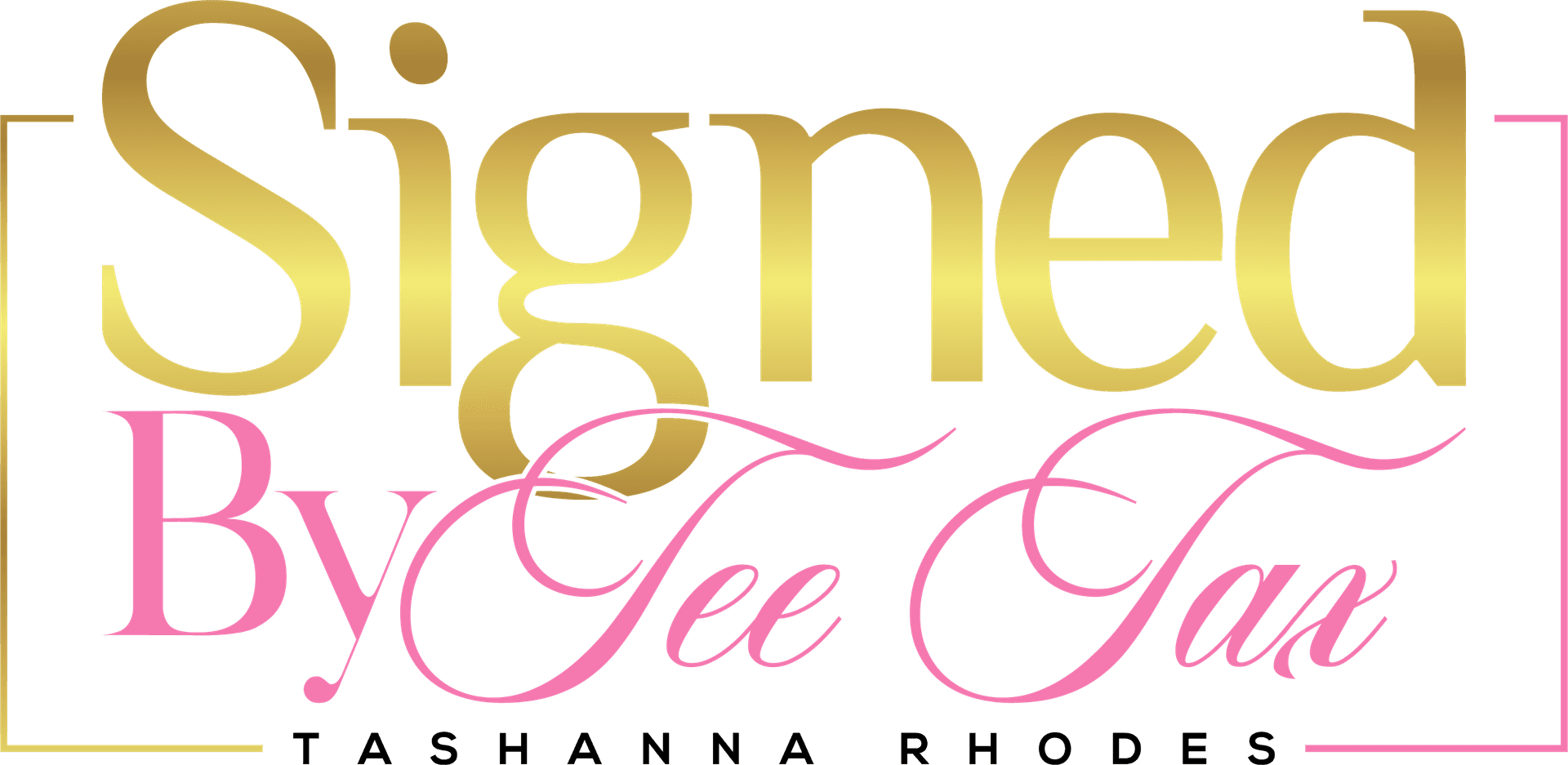Common Tax Mistakes to Avoid for Individuals and Businesses
Understanding Common Tax Mistakes
Filing taxes can be a daunting task for both individuals and businesses. Even the slightest errors can lead to significant complications, including penalties and fines. Understanding common tax mistakes can help ensure a smooth and hassle-free tax filing experience. Awareness is the first step towards prevention.
Whether you're an individual taxpayer or a business owner, recognizing potential pitfalls in tax preparation can save you time and money. Let's delve into some of the most prevalent errors and how to avoid them.

Neglecting to Report All Income
One of the most common mistakes is failing to report all sources of income. Both individuals and businesses need to ensure that they include every form of income received throughout the year, including freelance work, rental income, and investments. Omissions can trigger audits and result in additional tax liabilities.
To avoid this mistake, keep meticulous records of all income sources and cross-reference them with your tax forms. Double-check your reporting against any 1099 forms received to ensure accuracy.
Misclassifying Employees
For businesses, misclassifying employees as independent contractors is a frequent error. This mistake can lead to significant penalties and back taxes. Proper classification is crucial since it affects tax withholding and eligibility for benefits.
Businesses should consult IRS guidelines on employee classification and seek professional advice if uncertain. It's essential to regularly review worker statuses to ensure compliance.

Overlooking Eligible Deductions and Credits
Many taxpayers miss out on valuable deductions and credits simply because they are unaware of them. This oversight can lead to paying more in taxes than necessary. Common examples include education credits, home office deductions, and energy-efficient home improvements.
To maximize your tax savings, stay informed about available deductions and credits. Consult a tax professional or utilize trustworthy tax software that prompts you for potential savings opportunities.
Errors in Calculations
Mathematical errors are surprisingly common in tax returns and can result in incorrect tax liabilities or refunds. These mistakes often occur when manually calculating totals or transferring figures from one section of the return to another.

To minimize the risk of calculation errors, consider using reliable tax software or hiring a professional accountant. Automated tools reduce human error and ensure more precise calculations.
Missing Deadlines
Missing tax deadlines can lead to costly penalties and interest charges. Individuals and businesses alike should be aware of key filing dates for federal, state, and local taxes.
Set reminders well in advance, and if you anticipate having difficulty meeting a deadline, file for an extension to avoid late filing penalties. However, remember that an extension does not delay the payment due date.
The Importance of Professional Guidance
While understanding these common mistakes is beneficial, seeking the assistance of a tax professional can provide added peace of mind. Professionals stay updated on the latest tax laws and can offer personalized advice tailored to your specific situation.
Investing in expert guidance can help avoid costly errors and ensure compliance with all tax regulations, making the tax process less burdensome for individuals and businesses alike.
